
Make it stand out
What’s been happening?
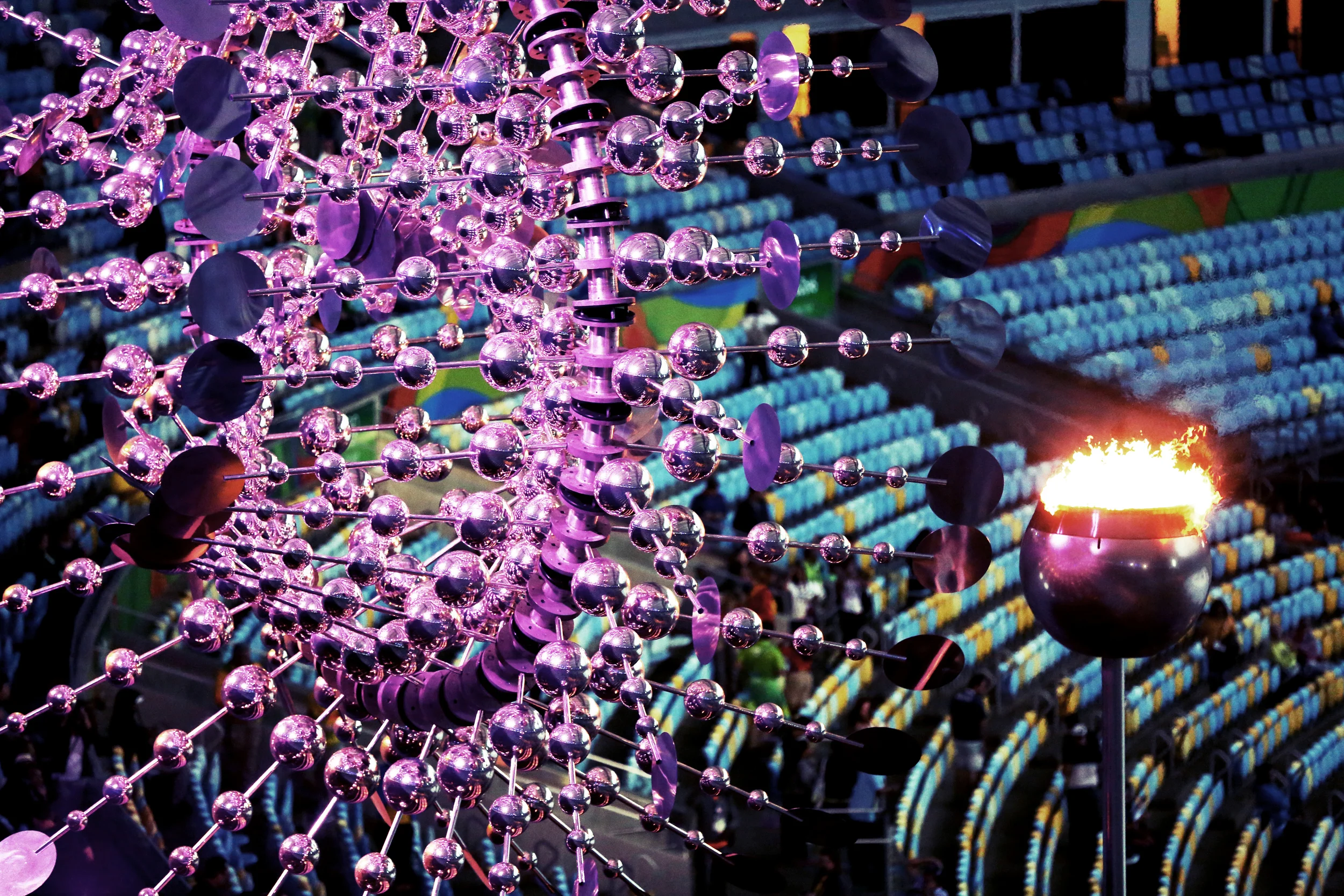
My Rio 2016 Research
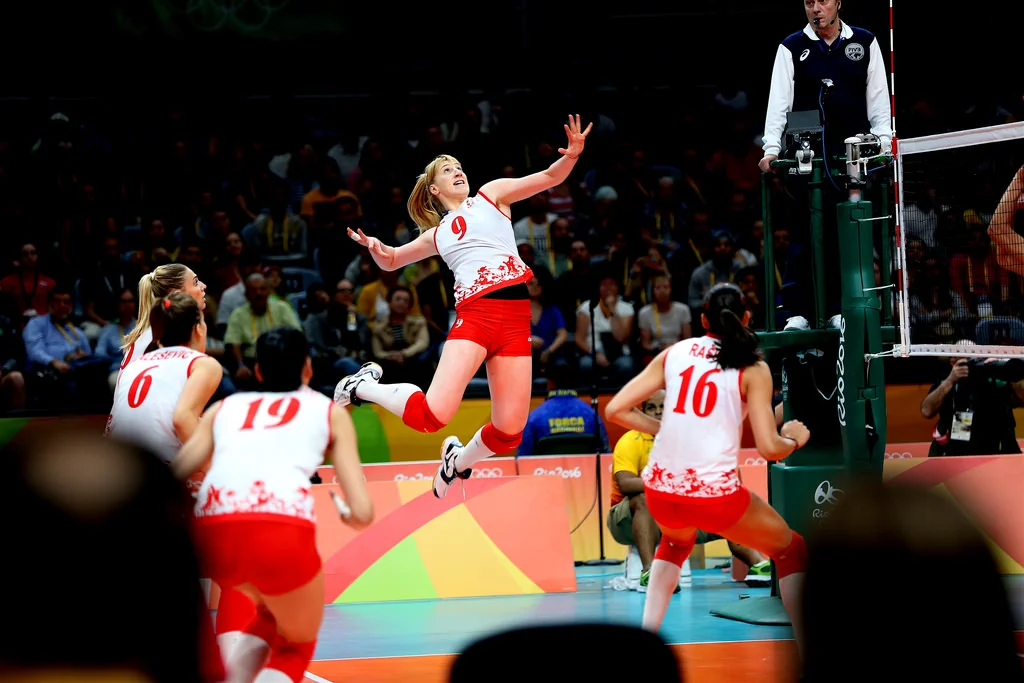
The Photographers of Rio 206
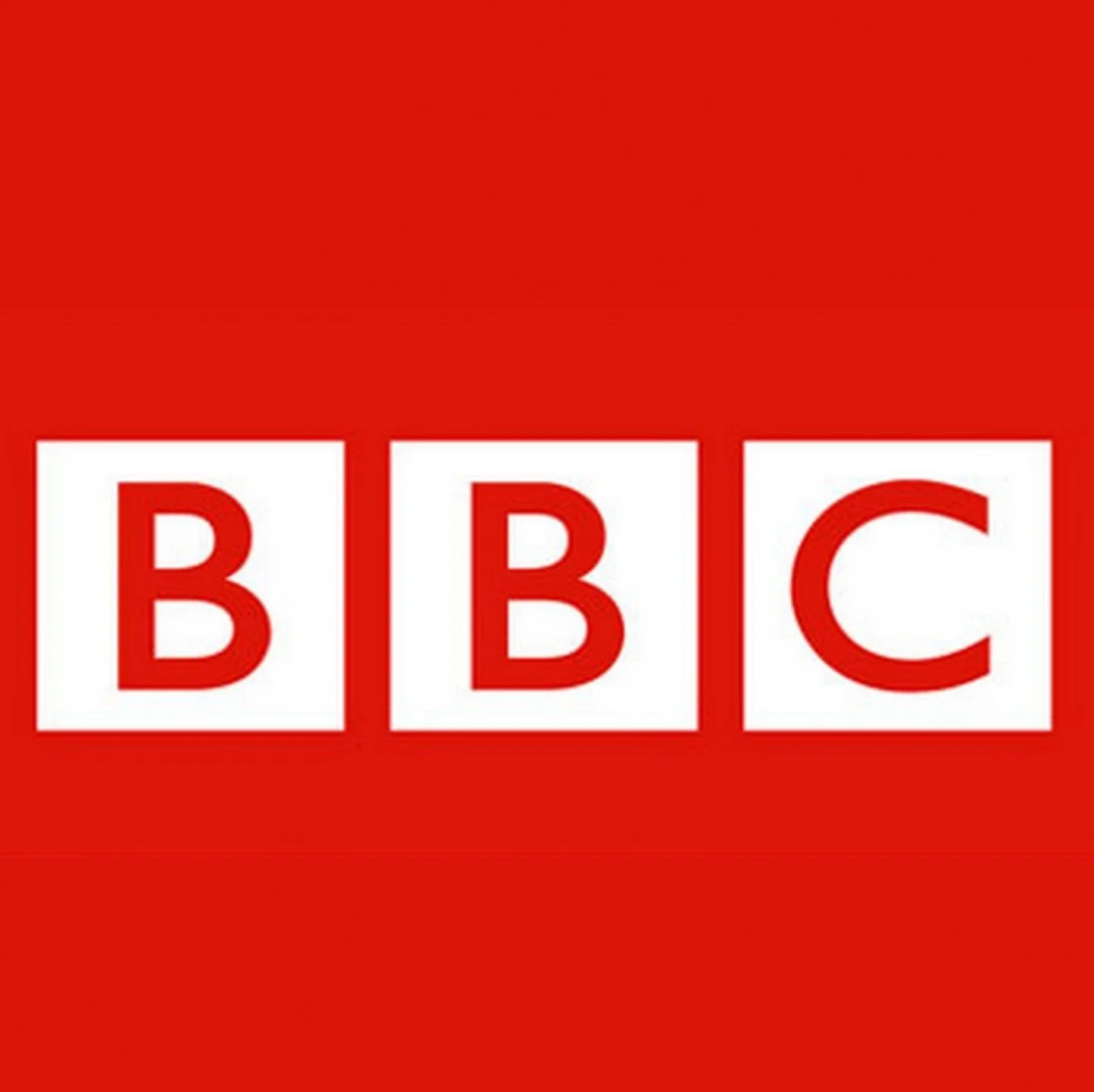
Why are the #Rio2016 Olympic Games fans booing so much?
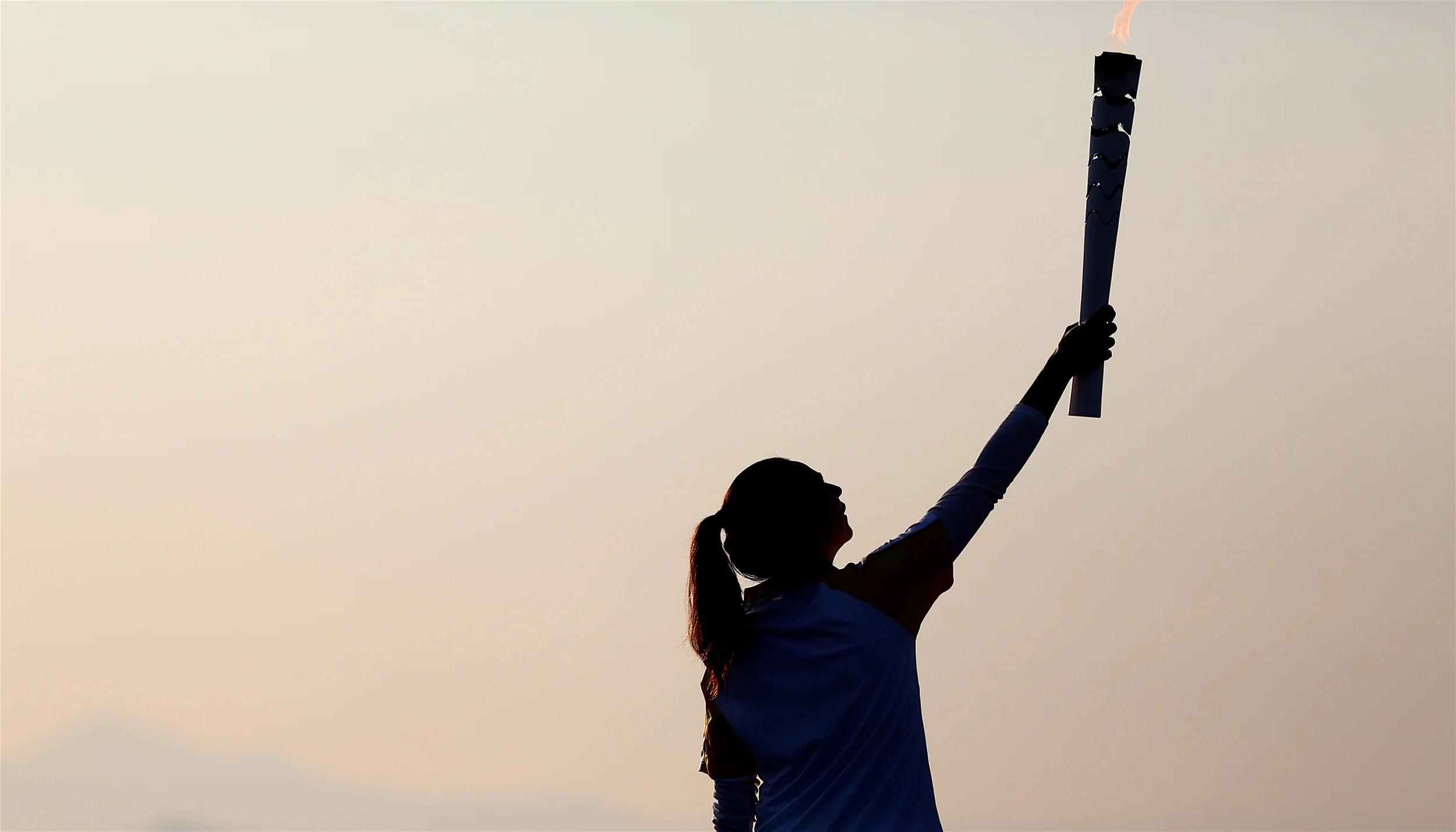
Rio 2016 Olympic Games

The Drugs Won #Rio2016
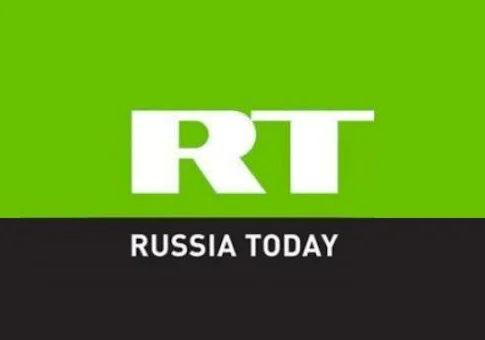
Is it fair to ban all Russian athletes from #Rio2016? #olympicsummit
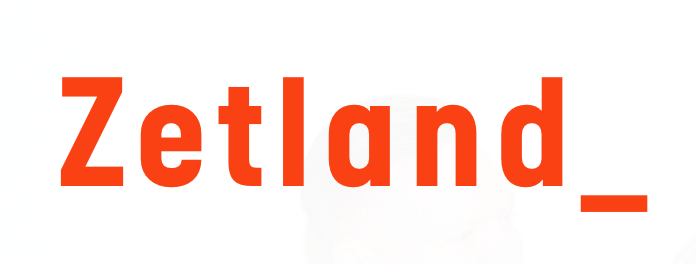
A Paralympian may win an Olympic Medal at #Rio2016

